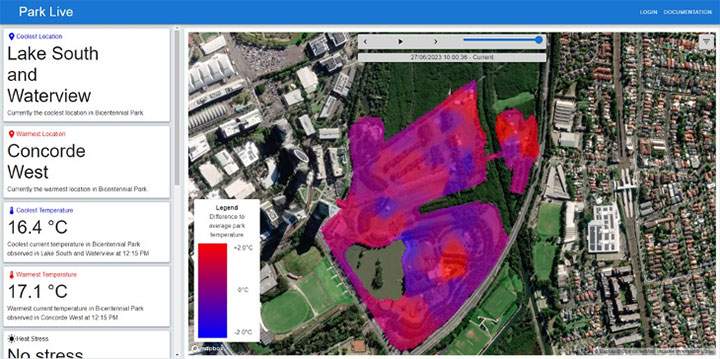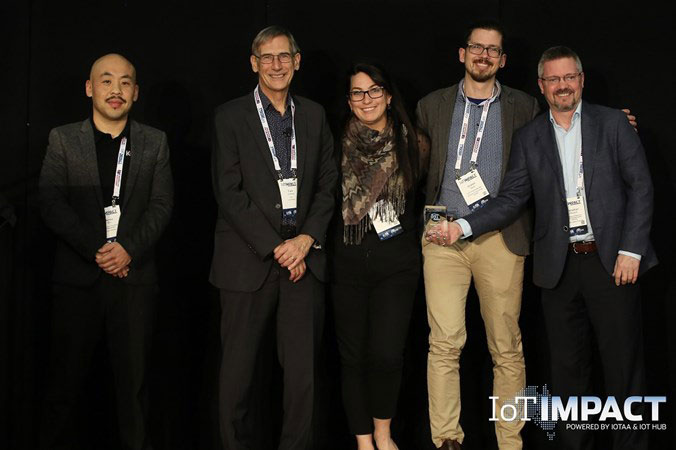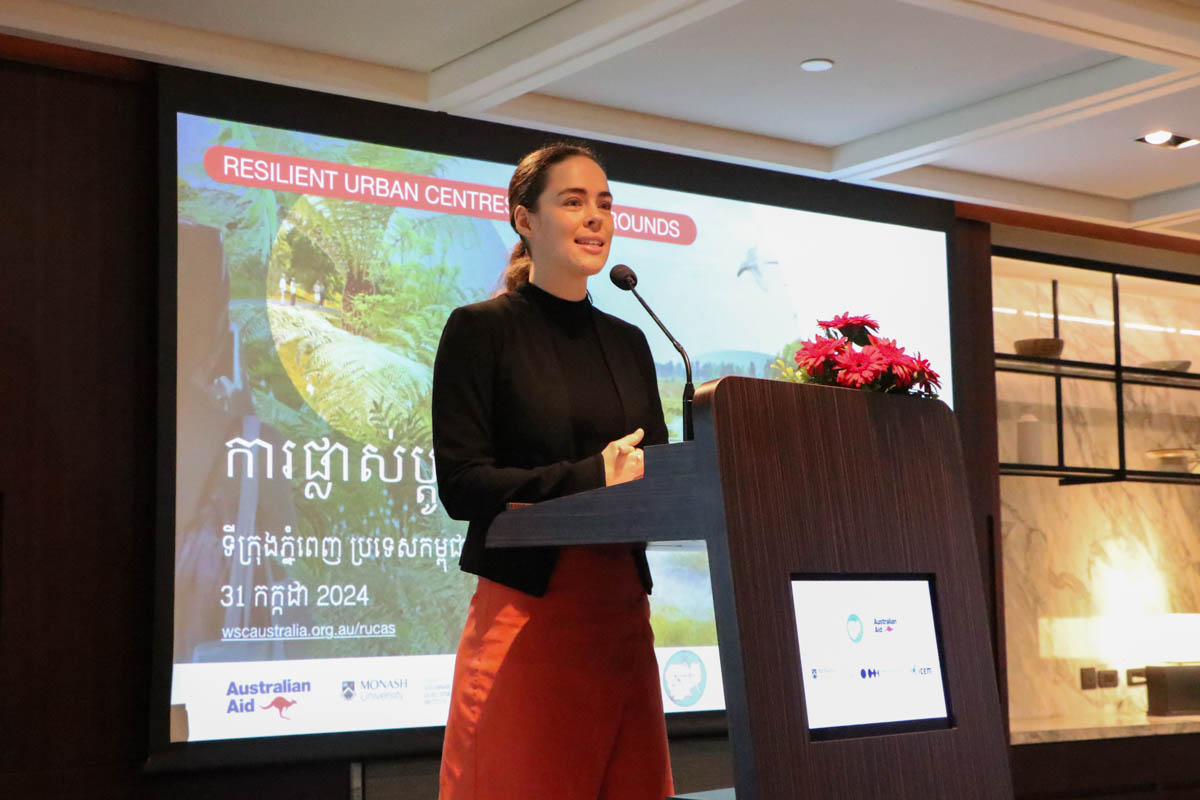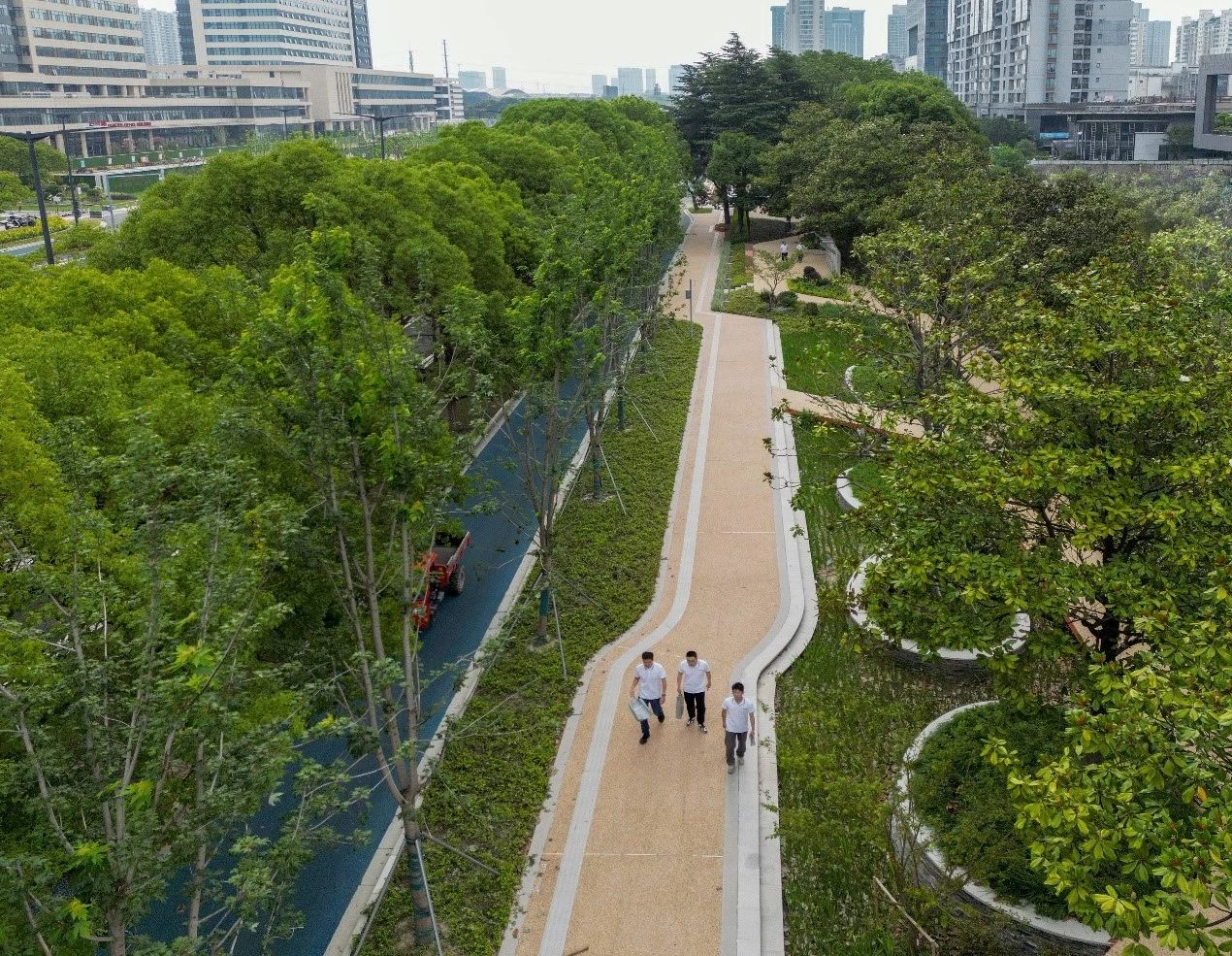The multi-award winning SIMPaCT – Smart Irrigation Management for Parks and Cool Towns – project, designed and led by Western Sydney University (WSU), is using smart water technologies to help create climate-resilient urban areas. One of those technologies is the Scenario Tool TARGET module, developed by the CRC for Water Sensitive Cities.
TARGET stands for The Air-temperature Response to Green/Blue infrastructure Evaluation Tool. The module assesses land temperature, air temperature and human thermal comfort of a given site, simulating real life scenarios at the street, precinct or city scale. For example, what happens to urban heat and human thermal comfort if unirrigated surfaces are converted to irrigated ones? The module produces heat mapping outputs for the site area including a gridded map denoting the spatial variation of the average air temperatures illustrated using a colour gradient.

SIMPaCT uses evapotranspiration – when plants release moisture through their leaves – to cool the microclimate of Bicentennial Park at Sydney’s Olympic Park. Digital technology controls when and how much water is distributed across the park. Data from a network of environmental sensors monitor soil moisture and air temperature is combined with weather forecasts to manage the active cooling system.
The project uses the Scenario Tool to create a digital twin of Bicentennial Park. Using the Tool’s Urban Water Cycle module as well as AI models developed by WSU, the project team can:
- assess ambient environmental conditions across the park in real time
- forecast soil moisture, air temperature and human thermal comfort
- simulate different irrigation scenarios
- produce interactive maps to communicate with the public about the project.
The SIMPaCT project won 2 categories at the recent 2023 IoT Awards in Sydney:
- The Research Award celebrates the research project that is spearheading innovation and good practice.
- The IoT for Good Award goes to the project that intends and achieves positive outcomes by using IoT. This encompasses good Environmental, Social and Governance (ESG) outcomes that encapsulate the concepts of equity, diversity, inclusivity, as well as sustainability, achieving net zero carbon and the circular economy.

SIMPaCT team members from Western Sydney University, Eratos and University of Technology with IoTAA representatives.
Commissioned by the NSW Government, a cost-benefit of SIMPaCT showed the project is expected to produce water savings and improve wellbeing via increased park visitations. It also demonstrated good ethical behaviour, with new IP from the project being open-source.
“The combination of winning these two categories is important. It identifies SIMPaCT as a project that combines science and smart tech to deliver a very clear objective (climate change adaptation) that has wide and positive implications for people. The IoT for Good award is given to a project judged to deliver the most benefits to society,” said Associate Professor Sebastian Pfautsch (SIMPaCT Project Leader, WSU).
SIMPaCT project partners include Sydney Olympic Park Authority, Sydney Water, Western Sydney University, UTS Institute of Sustainable Futures, Monash Sustainable Development Institute, the ARCS Group, Centratech Systems, HARC, Eratos and SAPHI.




